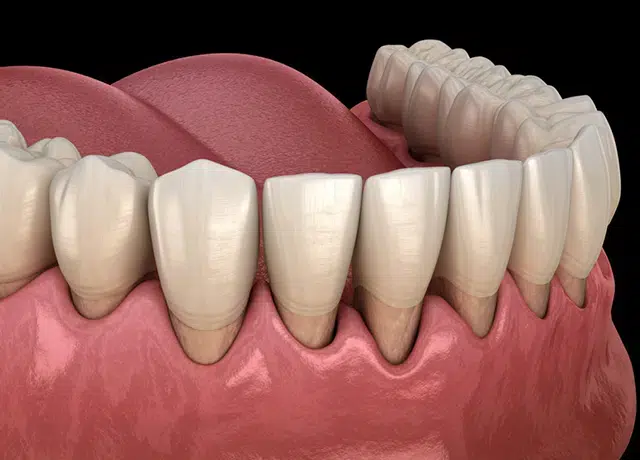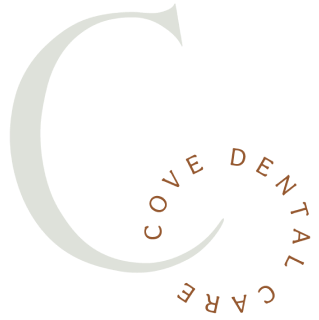2104 Old Spartanburg Rd Greer, SC 29650

Periodontal Disease Treatment In Greer, SC
Signs of Gum Disease
- Irritated and Swollen Gums
- Bleeding Gums
- Gum Sensitivity
- Gum Recession
- Bone Loss
The Stages of Gum Diseases
Gingivitus
Slight Periodontal Disease
Moderate Periodontal Disease
Severe Periodontal Disease
More About Periodontal Disease Treatment
Periodontal disease, commonly known as gum disease, is a prevalent oral health issue affecting the gums and supportive structures of teeth. It arises from bacterial infections that cause inflammation and damage to the tissues surrounding the teeth. Untreated, it can escalate, leading to tooth loss and other health complications.
Treatment for periodontal disease aims to control infection, diminish inflammation, and restore gum and tissue health. The approach varies based on disease severity.
Mild cases often respond well to non-surgical interventions. These may include scaling and root planing, which entail removing plaque and tartar buildup from teeth and smoothing root surfaces to deter bacterial attachment. This procedure facilitates gum reattachment and reduces pocket depths where bacteria thrive.
In advanced cases, surgical procedures may be necessary. Flap surgery involves lifting gums to access and thoroughly clean root surfaces. Bone or tissue grafts may be performed to regenerate lost bone or gum tissue.
Persistent pockets may require specialized treatments like laser therapy or antibiotic treatments. Laser therapy eliminates infected tissue and fosters healing, while antibiotics control bacterial infections.
Consistent maintenance is vital for managing periodontal disease. Regular dental cleanings and check-ups monitor the condition and prevent relapse. Patients receive education on proper oral hygiene to sustain healthy gums and avert recurrence.
Early detection and intervention significantly influence treatment success. Routine dental visits and good oral hygiene habits are paramount in prevention and management. Addressing periodontal disease promptly preserves oral health, prevents tooth loss, and enhances overall well-being.

